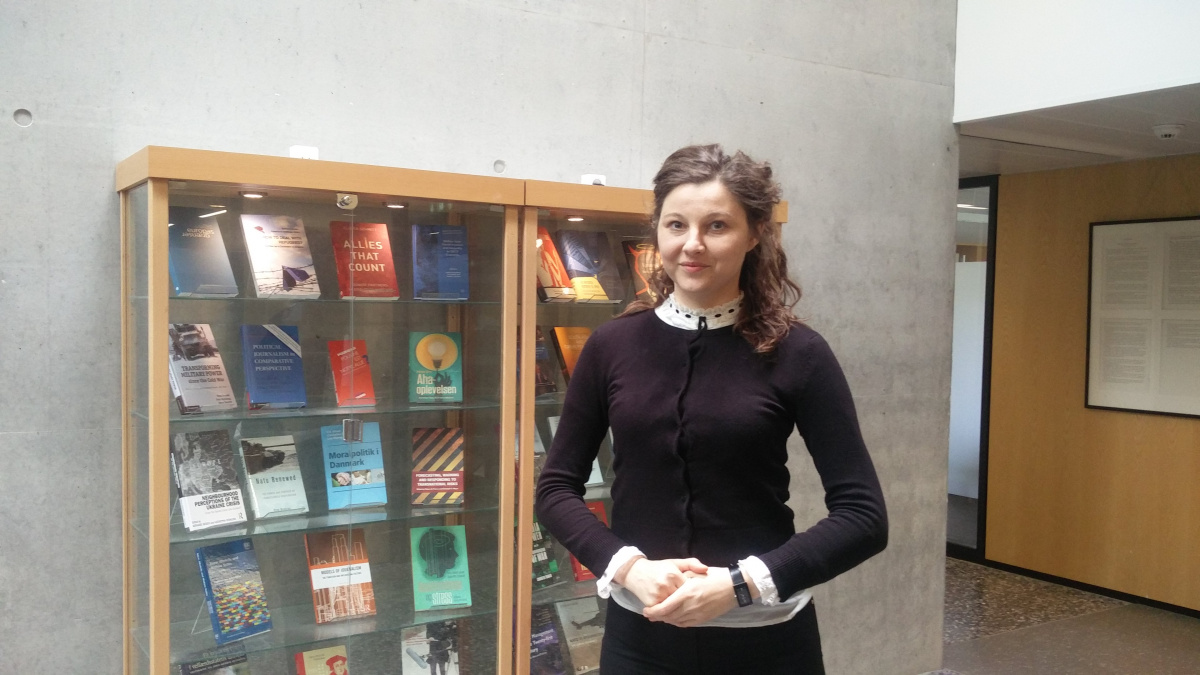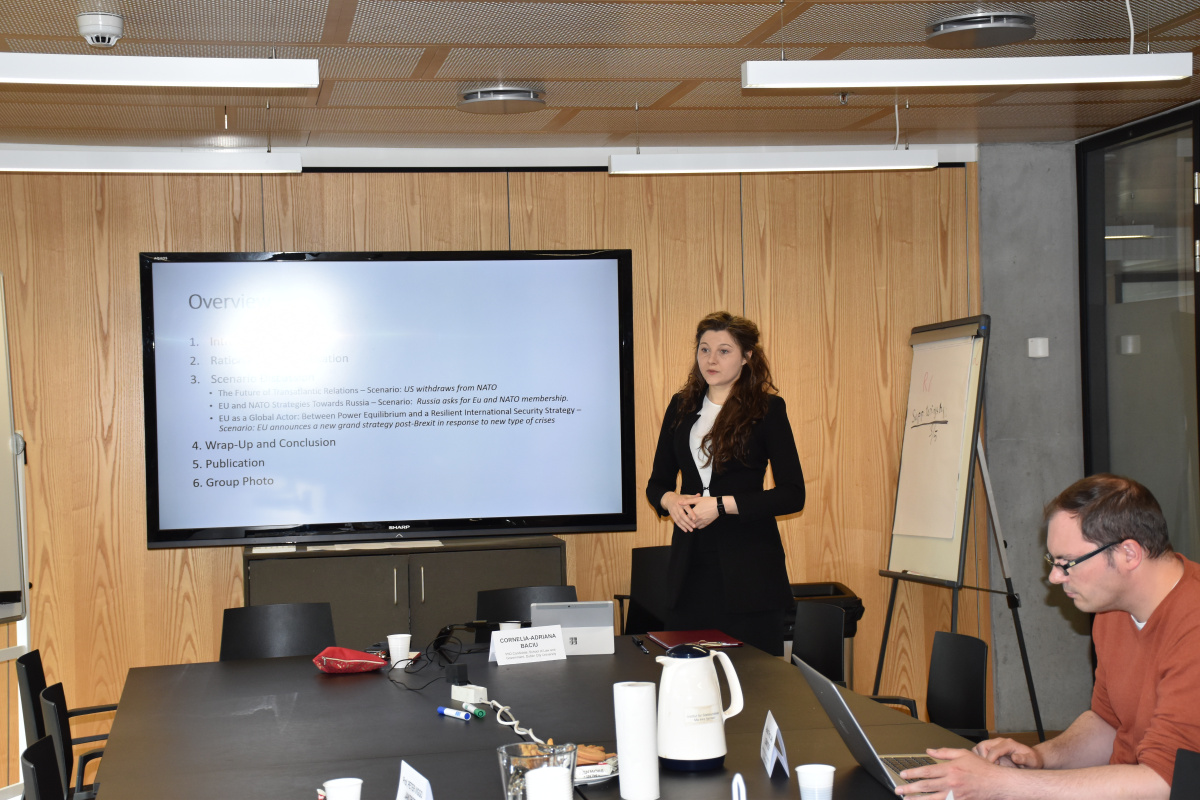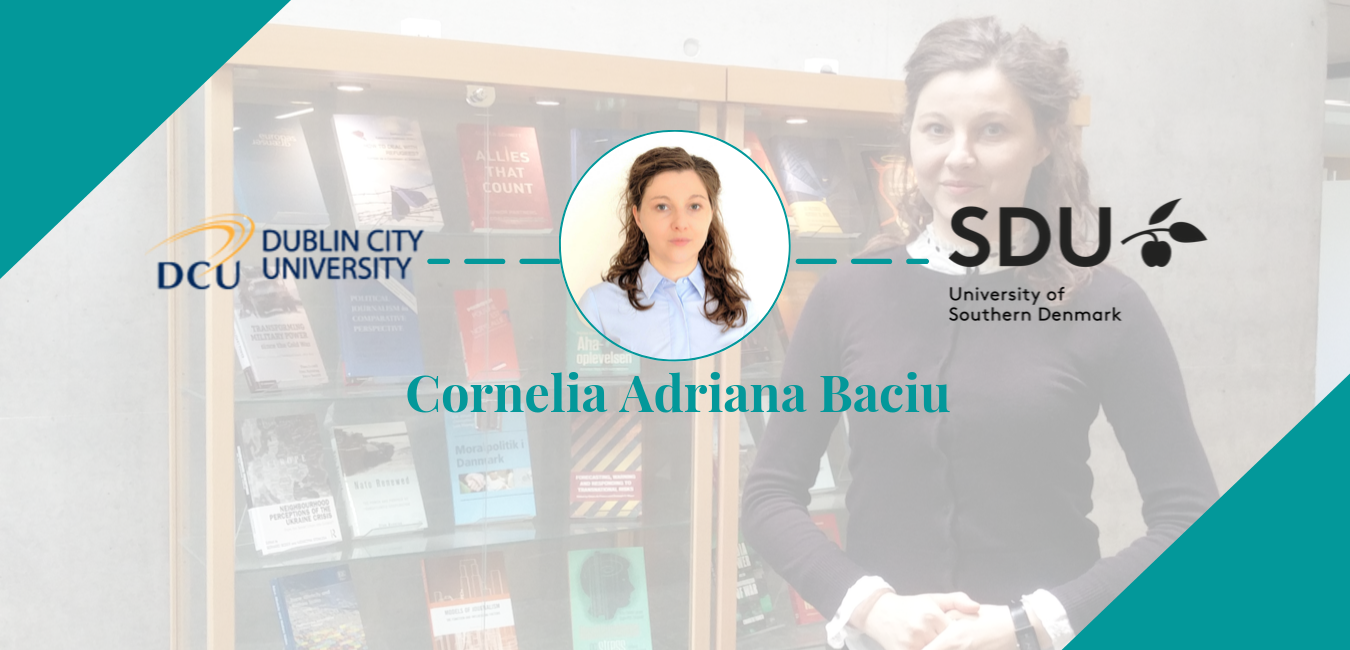The research area during the YERUN Research Mobility Award was in peace, security and innovation, and more specifically, in a context of increasing great power competition and unstable international security order, how new cooperative strategies in this domain could look like in the future. During the research visit at the University of Southern Denmark (SDU) I worked with researchers from the Centre of War Studies (CWS), under the coordination of Professor Sten Rynning, who hosted me for one week in April-May 2019.
Specifically, I presented and disseminated my work and research to the CWS community of scholars, participated in specialist seminars and organised an expert strategy workshop on the Future of European Security and Transatlantic Relations with researchers from SDU and the University of Copenhagen.

The YERUN Research Mobility Award contributed to establishing new lines of collaboration between the Institute for International Conflict Resolution and Reconstruction (IICRR) at Dublin City University and CWS at the University of Southern Denmark, two research centres which have traditionally focused on the same outcome (peace), but from different perspectives: while IICRR focused more on the civilian dimension and a ‘positive’ understanding of peace, CWS tended to focus on the military dimension and the role of technological innovation.
These distinct perspectives facilitated new directions of thought about the future of peace and how could civil-military synergies and new technology dovetail in order to prevent crises and war. Up to date, little is known about innovative ways to integrate new technology and artificial intelligence in peace projects and stabilization missions. The YERUN Research Mobility Award contributed to opening up new areas of research, which are crucial to address challenges related to the causes of war and drivers of peace.

Cornelia-Adriana Baciu is PhD Candidate in Politics and International Relations at the School of Law and Government, Dublin City University (DCU) and IRC Government of Ireland Postgraduate Scholar. Her current research focuses on international security, civil-military relations, global governance and military change. She lectured research methods and comparative European politics and presented papers at nearly a dozen international conferences. She published a book chapter and numerous articles in peer-reviewed journals and research blogs. Cornelia is a member of the Institute for International Conflict Resolution and Reconstruction (IICRR) and DCU Brexit Institute at Dublin City University, as well as a member of the Association pour les Études sur la guerre et la stratégie (AEGES), Paris. Cornelia conducted extensive field research on civil-military relations, institutional and security change in Pakistan, India and Kashmir. She worked as a Risk Analyst at a crisis management company in Konstanz, Germany. Prior to joining DCU, Cornelia was pre-doctoral fellow of the ZEIT-Stiftung Hamburg. She studied Politics and European Studies in Germany, India and Romania and was DAAD-Erasmus Placement fellow at the Terrorism Prevention Branch, United Nations. In 2013, she was awarded the Prize for the best MA thesis at the University of Konstanz. Cornelia is the founder of the transnational Research Network on European Security and Strategy and currently works on a co-edited volume on European security post-Brexit (under contract with Springer).
Full list of Cornelia’s publications: https://corneliaadriana-baciu.vpweb.de/publications.










